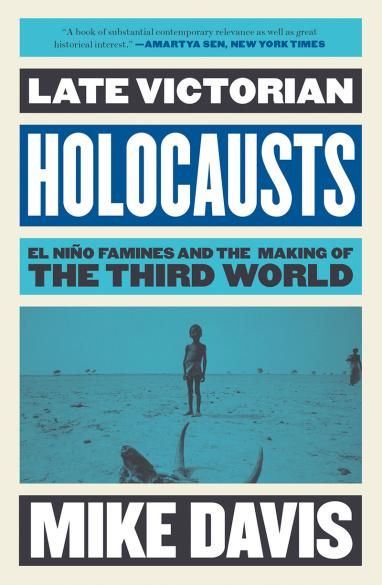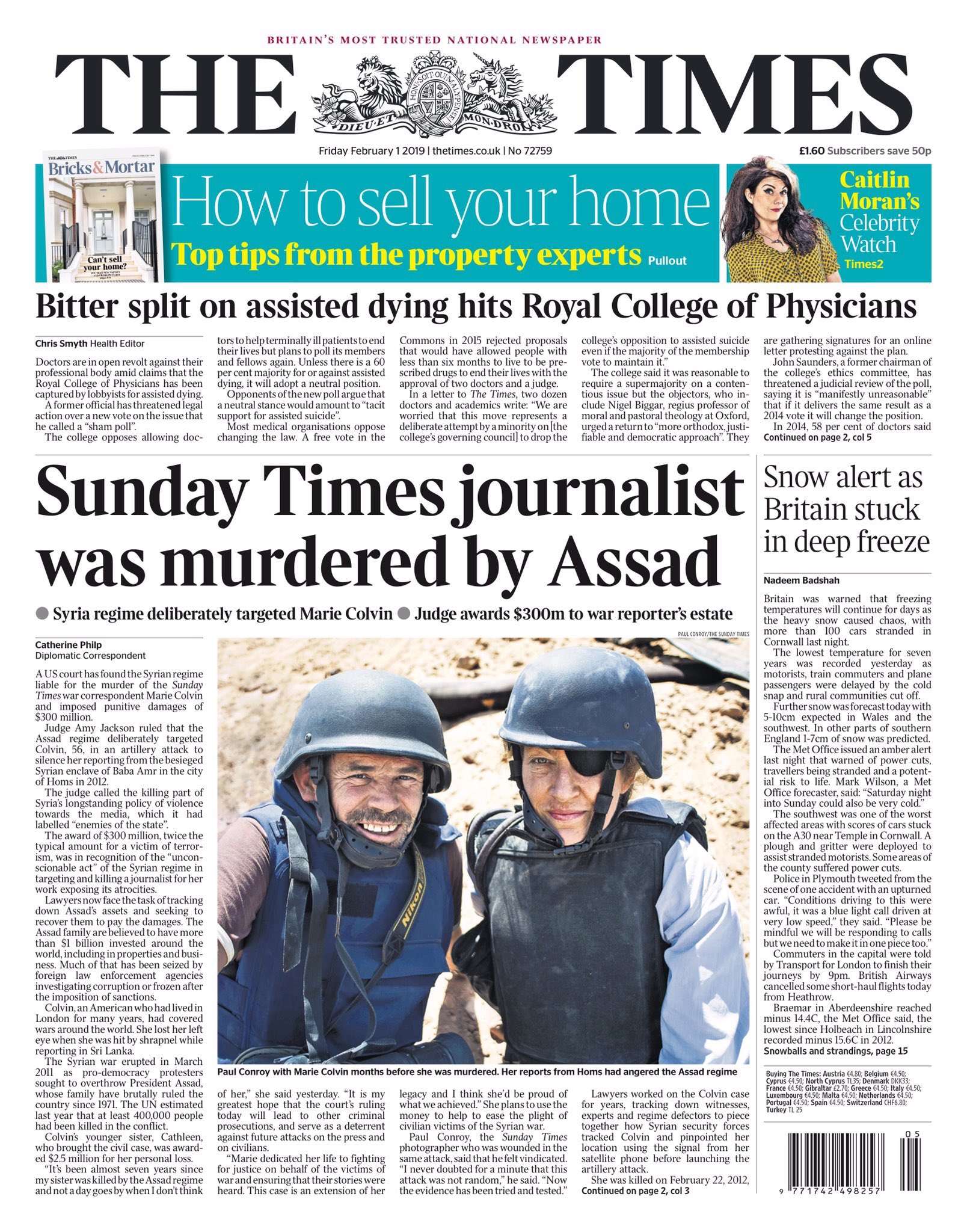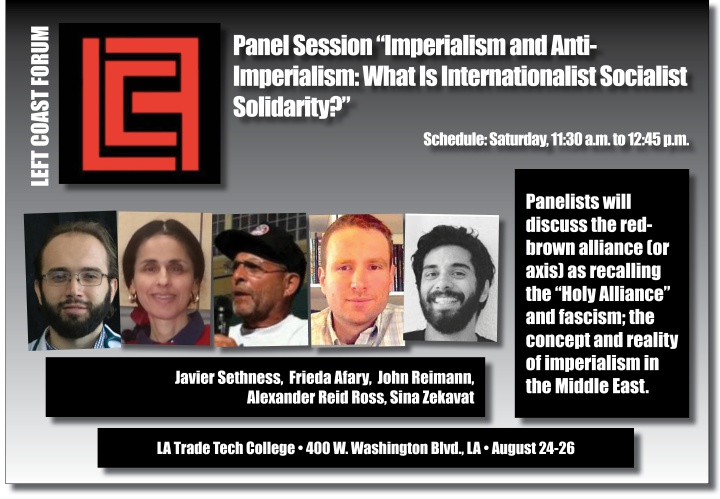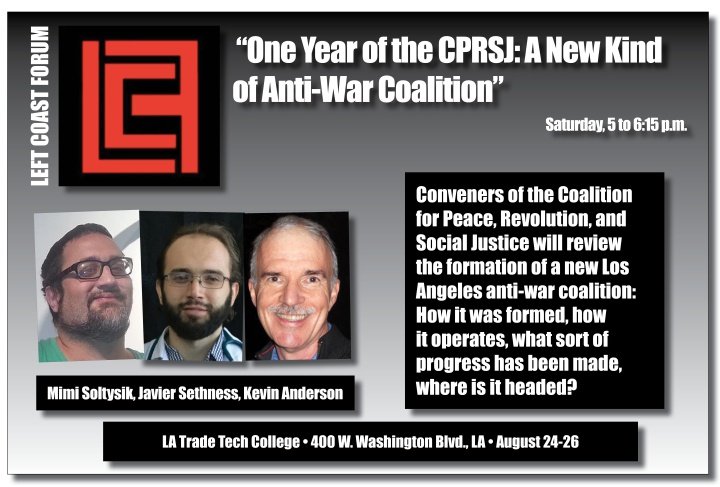Abbas al-Musavi, The Battle of Karbala
The second part in a series on Islam, humanism, and anarchism. This review includes an alternate perspective by Jihad al-Haqq.
First published on The Commoner, 5 April 2023. Shared using Creative Commons license. Feel free to support The Commoner via their Patreon here
Building on my critical review of Mohamed Abdou’s Islam and Anarchism (2022), this article will focus on Ahmet T. Kuru’s Islam, Authoritarianism, and Underdevelopment (2019). Here, I will concentrate on Kuru’s study of Islam, history, and politics, focusing on the scholar’s presentation of the anti-authoritarianism of the early Muslim world, and contemplating the origins and ongoing oppressiveness of the alliance between ulema (religious scholars) and State in the Middle East and North Africa (MENA). I will examine Kuru’s analysis of the “decline thesis” about the intellectual, economic, and political counter-revolutions that led Muslim society to become dominated by military and clerical elites toward the end of the Golden Age (c. 700–1300); briefly evaluate the author’s critique of post-colonial theory; and contemplate an anarcho-communist alternative to Kuru’s proposed liberal strategy, before concluding.
Perhaps ironically, Kuru may uncover more Islamic anti-authoritarianism than Abdou does in Islam and Anarchism. Marshaling numerous sources, Kuru clarifies that a degree of separation between religion and the State existed in Islam’s early period; that ‘Islam emphasizes the community, not the state’; and that ‘the history of the Umayyad and Abbasid caliphates was full of rebellions and oppression.’ In fact, the Umayyad dynasty, which followed the Rashidun Caliphate (632–661) that itself had succeeded the Prophet Muhammad after his death, generally lacked religious legitimation, given that its founders persecuted the Prophet’s family during the period known as the Second Fitna (680–692) [1]. Such sadism was especially evident at the momentous battle of Karbala (680), at the conclusion of which the victorious Umayyad Caliph Yazid I murdered the Imam Hussein ibn Ali, grandson of the Prophet and son of the Rashidun Caliph Ali ibn Abi Talib, together with most of his relatives [2]. Shi’ites mourn these killings of Hussein and his family during the month of Muharram, considered the second-holiest month of the Islamic calendar after Ramadan. Currently being observed by Muslims across the globe, Ramadan marks the first revelation of the Quran to Muhammad in Jabal al-Nour (‘the mountain of light’) in the year 610. (For an artistic representation of the latter event, see the featured painting from the Hamla-yi Haidari manuscript below.)
Politically speaking, early Muslims rejected despotism and majesty and emphasized the importance of the rule of law, such that ‘traditional Muslim[s were] suspicio[us] of Umayyad kingship’ [3]. Following the Mutazilites, the Iranian revolutionary Ali Shariati claimed the fatalist belief in ‘pre-determination,’ which was encouraged by the orthodox theologian Ashari, to have been ‘brought into being by the Umayyids’ [4]. Along similar lines, in the Quran it is written, ‘if one [group of believers] transgresses against the other, then fight against the transgressing group,’ while one of the Prophet Muhammad’s ahadith (sayings) declares that the “best jihad is to speak the truth before a tyrannical ruler’[5]. During the time of Muhammad and the Rashidun Caliphs, hence, Islamic politics were rather progressive, for the nascent faith’s founders rejected both oppressive authority, whether exercised locally in Arabia or afar in the Byzantine Empire, and the injustice of the Brahmin caste system. In this vein, all founders of the four Sunni schools of law (fiqh), and some early Shi’ite imams, refused to serve the State. In retaliation, they were persecuted, imprisoned, and even killed [6].
During the Abbasid Caliphate, radical freethinkers such as the physician Abu Bakr al-Razi (c. 854–925) and Ibn Sina (980–1037) made breakthroughs in medical science, while the polymath Biruni (973–1048) advanced the field of astronomy, just as al-Razi and Biruni respectively criticized religion and imagined other planets. Mariam al-Astrulabi (950–?) invented the first complex astrolabe, which had important astronomical, navigational, and time-keeping applications. Plus, Baghdad’s House of Wisdom boasted a vast collection of translations of scholarly volumes into Arabic, and a number of hospitals were founded in MENA during the Abbasid and Mamluk dynasties. Farabi (c. 878–950) emphasized the philosophical importance of happiness, Ibn Bajja (c. 1095–1138) likewise stressed the centrality of contemplation, and Ibn Khaldun (1332–1406) made critical contributions to sociology through his insights into asabiyya, or group cohesion. Perceptively, Ibn Khaldun declared that the ‘decisions of the ruler […] deviate from what is right,’ while concurring with some of the most radical Kharijites in holding that the people would have no need for an imam, were they observant Muslims [7].
At the same time, Kuru explains that Islam’s Golden Age (c. 700–1300)—which allowed for the birth of a freer scholarly, political, and commercial atmosphere in the Muslim world, relative to Western Europe—was driven by a ‘bourgeois revolution’ of mercantile capitalism, to which Islam itself contributed [8]. With their private property and contracts ensured, as stipulated by the Quran and Prophet Muhammad’s Medina Charter (622–624), Muslim merchants could accumulate the capital with which to maintain financial, political, and intellectual independence from the State. Indeed, in contrast to the clerics who have served the authorities since the medieval congealing of the ulema-State, most Islamic scholars from this period worked in commerce, thus making possible their patronage of creative thinkers and scientists [9]. While the dynamism of dar al-Islam (the world’s Muslim regions)produced renowned intellectuals like al-Rawandi, al-Razi, Farabi, al-Ma’arri, Ibn Sina, Ibn Khaldun, and Ibn Rushd, among others, freethinking in the West was simultaneously stifled by religious and military elites. In this light, Kuru insightfully compares Islam’s Golden Age to the subsequent European Renaissance, whose coming was indeed facilitated by scholarship from and trade with the Muslim world [10].
The Decline Thesis, and an Anarchist Alternative
Soon enough, however, the ‘[p]rogressive atmospheres’ created by Islam would yield to reaction [11]. With the proclamation in 1089 of a decree by the Abbasid Caliph Qadir outlining a strict Sunni orthodoxy that would exclude Mutazilites, Shi’ites, Sufis, and philosophers, the ulema-State alliance was forged. This joint enterprise created a stifling and stagnating bureaucratic atmosphere opposed to progress of all kinds. Internally, this shift was aided by the eclipse of commerce by conquest, looting, and the iqta system—a feudal mechanism whereby the State distributed lands to military lords and in turn expanded itself through taxes extracted from peasant labor. Additionally, the eleventh-century founding of Nizamiyya madrasas, which propagated Ashari fatalism and stressed memorization and authority-based learning, was decisive for this transformation. Externally, the violence and plundering carried out by Crusaders and Mongols against the Muslim world led to further marginalization of scholars and merchants on the one hand, and deeper legitimization of military and clerical elites on the other [12].
Through comparison, Kuru contemplates how this joint domination by ulema and State—characterized by bureaucratic despotism, State monopolies, and intellectual stagnation—mimics the backwardness of Europe’s feudal societies during the Dark and Middle Ages. Still, just as anti-intellectualism, clerical hegemony, and political authoritarianism are not inherent to Judaism, Christianity, or Western society, this reactionary partnership is not innate to Islam either, considering the remarkable scientific, mathematical, and medical progress made during Islam’s early period. Only later did the combination of Ghazali’s sectarianism, Ibn Taymiyya’s statist apologism, and the Shafi jurist Mawardi’s centralism result in the consolidation of Sunni orthodoxy and despotic rule. Indeed, Kuru traces the germ of this noxious ulema-State alliance to the political culture of the Persian Sasanian Empire (224–651), which prescribed joint rule by the clerics and authorities. In this sense, the ‘decline thesis’ about the fate of scholarship and freethinking in Muslim society cannot be explained by essentialist views that define Islam by its most reactionary and anti-intellectual forms [13].
More controversially, Kuru equally concludes that the violence, authoritarianism, and underdevelopment seen at present in many Muslim-majority countries cannot be explained solely by either post-colonial theory or a primary focus on Western (neo)colonialism. This is because post-colonial writers, like Islamists, discourage a critical analysis of the “ideologies, class relations, and economic conditions” of Muslim societies, leading them to overlook, and thus fail to challenge, the enduring presence of the ulema-State alliance [14]. In parallel, the caste system persists in post-colonial India, while “British and German scholars did not invent caste oppression,” as much as fascists across the globe have been inspired by it [15]. At the same time, according to the late Marxist scholar Mike Davis, European imperialism, combined with excess dryness and heat from the El Niño Southern Oscillation (ENSO) phenomenon, led to famines that killed between 30 and 60 million Africans, South Asians, Chinese, and Brazilians in the late nineteenth century. The Indian economist Utsa Patnaik estimates that British imperialism looted nearly $45 trillion from India between the eighteenth and twentieth centuries.

Currently, bureaucratic authoritarianism in MENA is financed by the mass-exploitation of fossil fuels, which finances the State’s repressive apparatus, hinders the independence of the workers and the bourgeoisie, and disincentivizes transitions to democracy [16]. Certainly, the West, which runs mostly on fossil fuels, and whose leaders collaborate with regional autocrats, is complicit with such oppression, whether we consider its long-standing support for the Saud dynasty (including President Biden’s legal shielding of Crown Prince Mohammed bin Salman against accountability for his murder of journalist Jamal Khashoggi), more recent ties with the United Arab Emirates (UAE), the past alliance with the Pahlavi Shahs, or the love-hate relationships with Saddam Hussein and Muammar Qaddafi. The US-led invasion and occupation of Iraq, launched twenty years ago, killed and displaced similar numbers of people as Assad and Putin’s counter-revolution has over the past twelve years.
Overall, Islam, Authoritarianism, and Underdevelopment helps illuminate the religious, political, and economic dimensions of the legacy of the authoritarian State in MENA. Moving forward, Kuru’s proposed remedy to the interrelated and ongoing problems of authoritarianism and underdevelopment in Muslim-majority countries is political and economic liberalisation. The author makes such liberal prescriptions based on his historical analysis of the progressive nature of the bourgeoisie, especially as seen during the Golden Age of Islam and the European Renaissance. As an alternative, he mentions the possibility that the working classes could help democratize the Muslim world, but notes that they are not an organized force [17]. Moreover, in a 2021 report, ‘The Ulema-State Alliance,’ Kuru clarifies that he is no proponent of ‘stateless anarchy,’ as might be pursued by anarcho-syndicalist or anarcho-communist strategies.
Yet, it is clear that empowering the bourgeoisie has its dangers: above all, global warming provides an especially stark reminder of the externalities, or ‘side-effects,’ of capitalism. Plus, at its most basic level, the owner’s accumulation of wealth depends on the rate of exploitation of the workers, who cannot refrain from alienated labor, out of fear of economic ruin for themselves and their loved ones. This is the horrid treadmill of production. As the critical theorist Herbert Marcuse recognized, capitalism is an inherently authoritarian, hierarchical system [18]. Although bourgeois rule may well allow for greater scientific, technical, and scholarly progress than feudal domination by clerical-military elites, whether in Europe, MENA, or beyond, the yields from potential advances in these fields could be considerably greater in a post-capitalist future. Science, ecology, and human health could benefit tremendously from the communization of knowledge, the overcoming of fossil fuels and economic growth, the abolition of patents and so-called ‘intellectual property rights,’ the socialization of work, and the creation of a global cooperative commonwealth. Considering how Western and Middle Eastern authorities conspire to eternally delay action on cutting carbon emissions as climate breakdown worsens, both Western and MENA societies would gain a great deal from anti-authoritarian socio-ecological transformation.
In sum, then, I reject both the ulema-State alliance and Kuru’s suggested alternative of capitalist hegemony—just as, in mid-nineteenth-century Imperial Russia, the anarchists Alexander Herzen and Mikhail Bakunin rebuked their colleague Vissarion Belinsky’s late turn from wielding utopian socialism against Tsarism to espousing the view that bourgeois leadership was necessary for Russia [19]. In our world, in the near future, regional and global alternatives to bourgeois-bureaucratic domination could be based in working-class and communal self-organization and self-management projects, running on wind, water, and solar energy. Such experiments would be made possible by the collective unionization of the world economy, and/or the creation of exilic, autonomous geographical zones. Despite the “utopian” nature of such ideas, in light of the profound obstacles inhibiting their realization, this would be a new Golden Age or Enlightenment of scientific and historical progress, whereby a conscious humanity neutralized the dangers of self-destruction through raging pandemics, global warming, genocide, and nuclear war.
Conclusion: For Anarcho-Communism
In closing, I express my dynamic appreciation for Kuru’s Islam, Authoritarianism, and Underdevelopment, which aptly contests both essentialist and post-colonialist explanations for the violence, anti-intellectualism, and autocratic rule seen today in many Muslim-majority societies. Kuru highlights the noxious work of the ulema-State alliance to impose Sunni and Shi’i orthodoxies; legitimize the authority of the despotic State; and reject scientific, technological, social, and economic progress. Keeping in mind the anarcho-syndicalist Rudolf Rocker’s framing of anarchism as the “confluence” of socialism and liberalism, I welcome the author’s anti-authoritarian proposals to revisit the freethinking of the Golden Age of Islam and liberalise the Muslim world, but contest Kuru’s apparent pro-capitalist orientation. In this vein, the writer’s recommendations could be radicalized to converge with the “Idea” of a global anarcho-communist movement that rejects clerical and political hierarchies as well as capitalism, militarism, and patriarchy, in favor of degrowth, a worldwide commons, international solidarity, mutual aid, and working-class and communal self-management of economy and society.
Western Colonialism and Imperialism – Jihad al-Haqq
Whilst Kuru’s historical description of the ulema-state alliance usefully describes the historical oppressions of Muslim-majority nations, it does not explain their continued existence. Especially not in the face of the Arab Spring and, as Kuru himself cites, the vast popularity of democracy amongst Muslims (page xvi, preface). Indeed, a name search reveals that the term ‘Arab Spring’ is used only four times throughout the entire book—three of those times are in the citations section. It is stunning to have a book talking about Islam, authoritarianism, and democracy, without mentioning the momentous event of the Arab Spring. That is, the concept of the ‘ulema-state alliance’ is useful in describing the internal form of social oppression in Muslim-majority societies, but it does not explain why and how those forms continue to exist, which is primarily due to Western imperialism.
Ahmet Kuru’s discussion regarding the ulema-state alliance seems geared towards explaining the question of why Muslim-majority countries are less peaceful, less democratic, and less developed. The question is primarily a political-economic question, not a question of faith, and thus requires a political-economic answer, which he acknowledges. However, he contends that Western colonialism is not a primary material cause for the unrest and destitution in Muslim majority nations; rather, it is the ulema-state alliance. This is a strange argument, for several reasons.
Firstly, his criticism of postcolonial writers is a strawman. The main hypothesis of postcolonial writers is that oppression in Muslim majority nations, whatever form it takes (including the ulema-state alliance), is primarily financed and armed by Western powers and Gulf nations; it is to explain the prevention of democracy in Muslim-majority nations.
He writes:
‘The anti-colonial approach has some power in explaining the problem of violence in certain Muslim countries. But Western colonization/occupation is neither a necessary nor a sufficient condition for violence. It is not sufficient, as there have been non-Muslim and Muslim countries that were colonized or occupied but where many influential agents did not choose to use violence. Such leading figures as Syed Ahmad Khan (1817–98) and Mahatma Gandhi (1869–1948), for example, adopted a position of non-violence against British colonization in India. Western colonization/occupation is not a necessary condition either, because several non-Western countries and groups have fought each other for various reasons. The long list includes the Iran-Iraq War and recent civil wars in several Arab countries. In Turkey, violence has continued between the Turkish state and the PKK (Kurdistan Workers’ Party) for more than three decades, regardless of whether Turkey was ruled by secularists or Islamists, and regardless of whether the PKK defended or renounced Marxist-Leninist ideology.’
He says that Western colonization and occupation is not a sufficient condition for the violence in Muslim-majority countries, since other countries under the same conditions did not choose to use violence. However, this flies in the face of the history of decolonial movements, since many other countries other than the Muslim-majority ones did choose violence as a method, while several Muslim-majority thinkers did and do advocate non-violence. Decolonization as a process in each country cannot be easily separated into a non-violent and violent category, such as in Indian decolonization being entirely non-violent and decolonization in Algeria being entirely violent, as you will find both non-violent and violent currents in each country advocating decolonization. Moreover, whether a decolonial process is more violent or not overwhelmingly depends on other socio-political factors: the British did not let go of India because they suddenly found enlightenment about the wrongdoing of their ways, and it would be difficult to say that Indian decolonization would not have turned more violent if the British had not ended up letting go of the Raj. We must also question the assumption that colonialism ended at all: there have been many convincing works that effectively argue that instead of colonisation ending, we have simply moved to another form of colonisation facilitated through nation states, rather than overt conquest. Parts of these works make very hard to dismiss cases, backed up by historical records, that show that much of the violence that exists in Global South countries, including Muslim-majority ones, is not due to internal cultural or social institutions, but due to the financing and arming of violent forces in the country. The existence of destitution can be directly linked to such Western-supported authoritarians in these societies.
The United States, for example, armed and supported the dictator Suharto in Indonesia, who is one of the worst mass murderers of the 20th century, against the popular Communist Party in Indonesia. The US is also one of Saudi Arabia’s greatest allies, with Saudi Arabia likely having the most institutionalized form of the ulema-state alliance. William Blum’s classic Killing Hope goes through many details of the various democracy movements throughout the world which the United States has crushed, including in Muslim-majority nations. Perhaps amazingly, the list of examples Kuru uses to support the argument that Western imperialism cannot be stated to be a necessary condition of violence do indeed have a traceable Western influence. Furthermore, the phenomenon of imperialism, which is separate from colonialism and the main focus of many postcolonial writers, does not seem to factor into his analysis.
Moreover, violence as a response to colonisation is almost a universal given—it is not the expression of culture anymore than a person being attacked and choosing to fight back is an expression of ideology. Revolutionary violence is a response to violence: the colonised are forced to be violent in response to the violence waged upon them, regardless of what culture they have, and all people have the right to violence for self-defense. For that, I do not think a detailed discussion is required.
The thesis which Kuru is attempting to argue here is that both revolutionary violence and internal violent structures are expressions of the same structures within Muslim-majority nations that cause more violence to happen. I do not believe this conclusion is tenable, since, on the one hand, revolutionary violence is waged defensively in response to colonialism, and on the other, the internal violence of current Muslim-majority nations do have a traceable Western influence: it would be difficult to argue that Iraq today would be as violent as it is if the United States had not diplomatically and militarily supported the rise of Saddam Hussein, and had not invaded Iraq in 2003. Both of these sorts of violence do not have the same social, political, and economic roots, and therefore cannot be classed as expressions of the same socio-cultural phenomenon.
Kuru’s answer to the continued existence of oppression in the Middle East is economic and political liberalisation; however, as demonstrated with the Arab Spring, the idea of political liberalisation will not be tolerated by the various monarchies and dictatorships of the Middle East, who are largely supported and armed by the United States. Furthermore, Kuru’s proposal of political and economic liberalisation is not really liberalisation—at the very least, not liberalisation if we understand “liberalisation” to mean liberating. He proposes the introduction of a new class of economic capitalist elites, which is hardly an improvement from the ulema-state alliance—never mind that Middle Eastern nations are already economically liberalised. While Kuru’s text is useful in discussing the form of historical oppressions, it reaches too far in its concluding theory regarding the continued existence of despotism in the Middle East.
Works Cited
Abdou, Mohamed 2022. Islam and Anarchism: Relationships and Resonances. London: Pluto.
Afary, Janet and Kevin B. Anderson 2005. Foucault and the Iranian Revolution: Gender and the Seductions of Islamism. Chicago: Chicago University Press.
Hammond, Joseph 2013. “Anarchism.” The Princeton Encyclopedia of Islamic Political Thought. Eds. Gerhard Bowering et al. Princeton: Princeton University Press. 36–7.
Kuru, Ahmet T. 2019. Islam, Authoritarianism, and Underdevelopment: A Global and Historical Analysis. Cambridge, UK: Cambridge University Press.
Malia, Martin 1961. Alexander Herzen and the Birth of Russian Socialism. New York: Universal Library.
Marcuse, Herbert 1968. Negations: Essays in Critical Theory. Boston: Beacon Press.
Quran. Trans. Mustafa Khattab. Available online: https://quran.com. Accessed 13 August 2022.
Ramnath, Maia 2022. “The Other Aryan Supremacy.” ¡No Pasarán! Ed. Shane Burley. Chico, CA: AK Press. 210-69.
Shariati, Ali 2003. Religion vs. Religion. Trans. Laleh Bakhtiar. ABC International Group.
References
[1] Kuru 10-12, 71.
[2] Afary and Anderson.
[3] Kuru 89.
[4] Shariati 32; Kuru 95.
[5] Quran 49:9 (emphasis added); Abdou 201.
[6] Kuru 70-2, 88-9.
[7] Ibid 76-80, 131-2, 134, 139-41, 150; Hammond 36.
[8] Kuru 83-87.
[9] Quran 4:29; Abdou 116; Kuru 73.
[10] Kuru 93, 159-61.
[11] Ibid 116-7.
[12] Ibid 96-102, 126-7.
[13] Ibid xvi-xv, 96-7, 112-16, 146-7, 185-203, 227-235.
[14] Ibid 34, 234.
[15] Ramnath 254.
[16] Kuru 49-53.
[17] Ibid 55n107.
[18] Marcuse 9-11, 18-19.
[19] Malia 353-6.


























